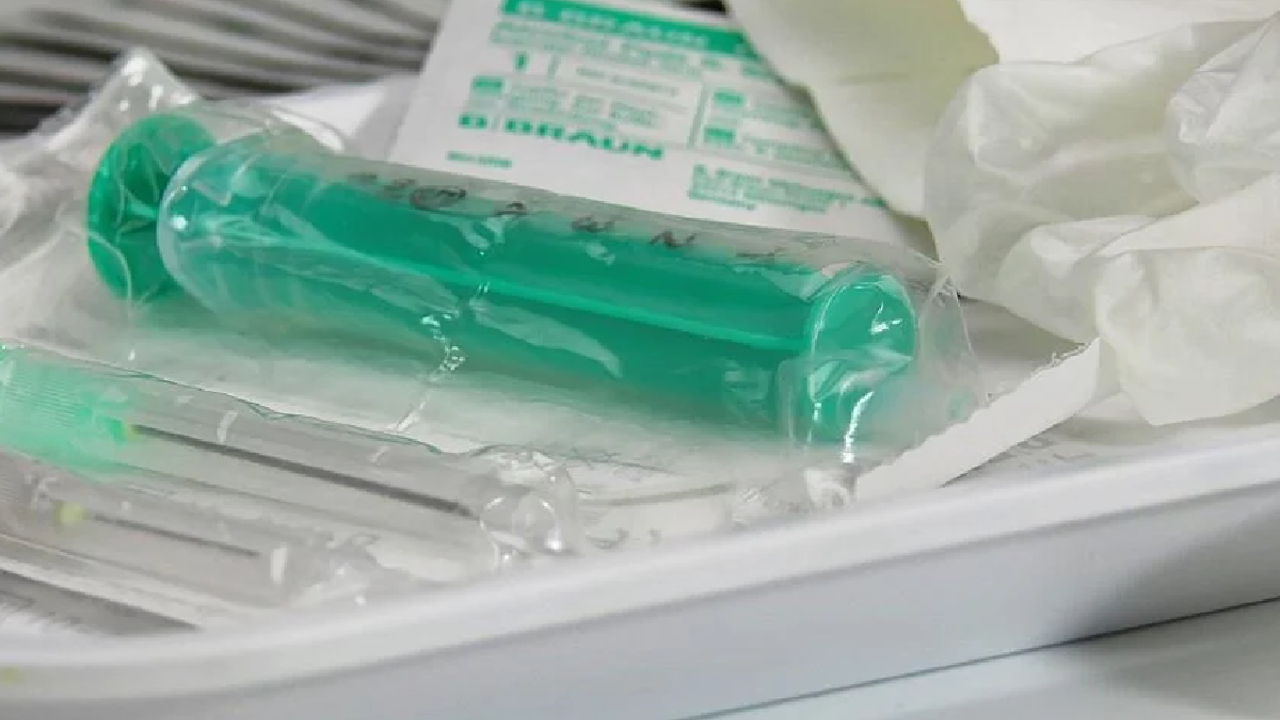Fungus and meningitis problem appeared in aesthetic surgeries
According to the US and Mexican authorities, an epidemic of fungus and meningitis began to appear in cosmetic operations. That's why the authorities called on the World Health Organization to sound an emergency alert. While two people died of meningitis, two clinics in Mexico were closed. The disease is also seen in cesarean deliveries.

US and Mexican authorities are urging the World Health Organization (WHO) to declare a public health emergency over a fungal outbreak linked to cosmetic operations in Mexico.
Two cosmetic clinics in Mexico were closed after the Centers for Disease Control and Prevention (CDC) announced that two people died of meningitis in cosmetic surgeries.
Both US and Mexican authorities have called for an evaluation of people who have undergone surgeries involving epidural anesthesia since January.
The CDC said it had already identified 25 people in the US with "suspected" or "probable" cases of fungal meningitis.
PEOPLE TRAVEL TO MEXICO FOR PLASTIC SURGERY
Many US citizens travel to Mexico for cosmetic procedures such as liposuction, breast augmentation and Brazilian butt lifts, which all require the injection of an anaesthetic into the area around the spinal column.
The CDC's Dallas Smith said, "There's a shortage currently in Mexico, and there could be potential for a black market that could have contaminated medicine."
Because of this shortage, it is thought that the extra drugs added to anesthesia could cause diseases.
ALSO SEEN IN CAESAREAN SECTION
Last October, a batch of a local anaesthetic commonly used for operations such as Caesarean births was found to have been infected by the same fungus, leading to the death of 39 people in the Mexican state of Durango.
WHAT IS MENINGITIS?
The most common early symptom of fungal meningitis is headaches, followed by symptoms like fever, vomiting, neck pain, and blurred vision.
Fungal meningitis is not contagious and can be treated with antifungal medicines - but it can quickly become life-threatening once symptoms begin.
Source: BBC









